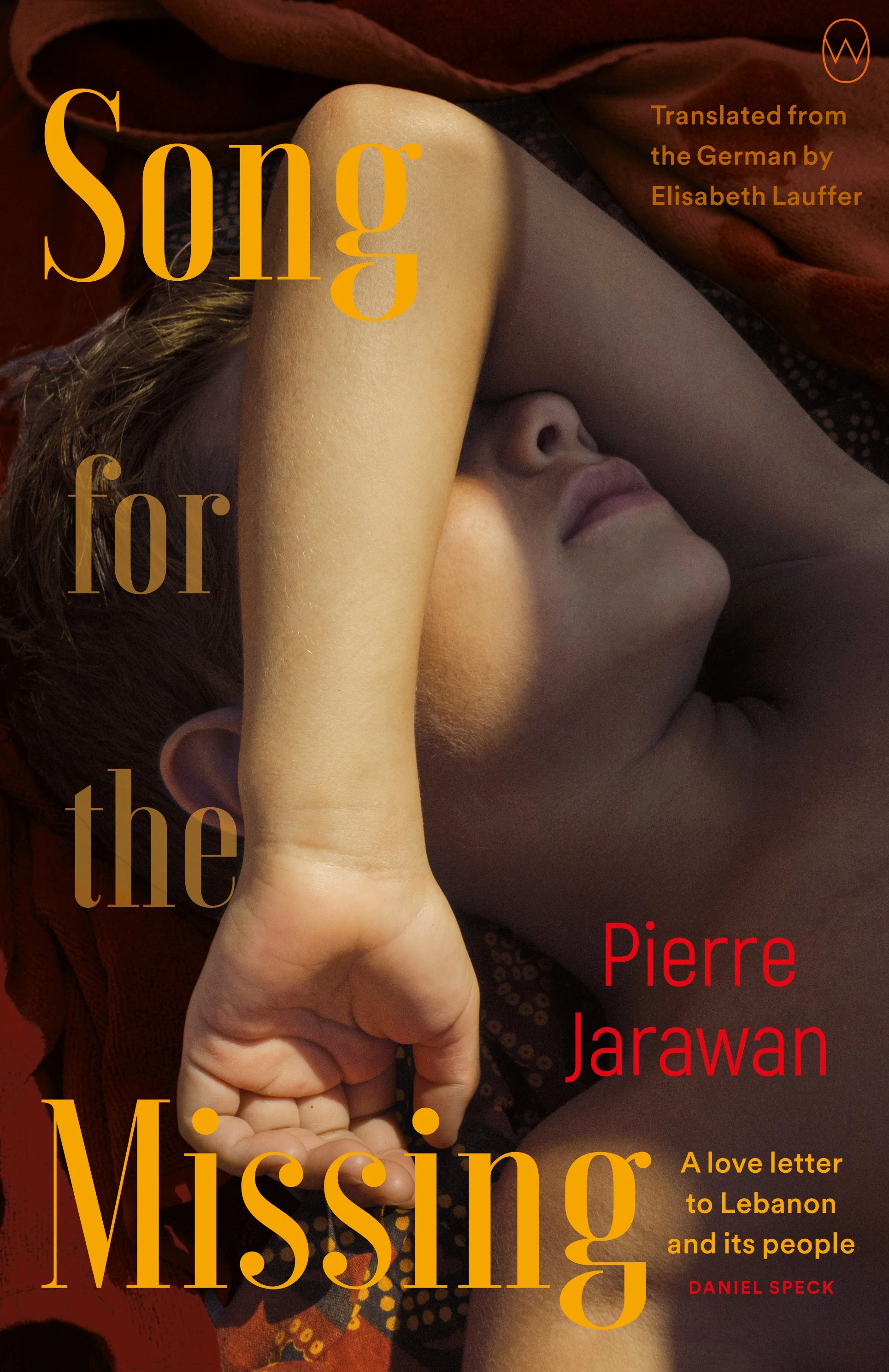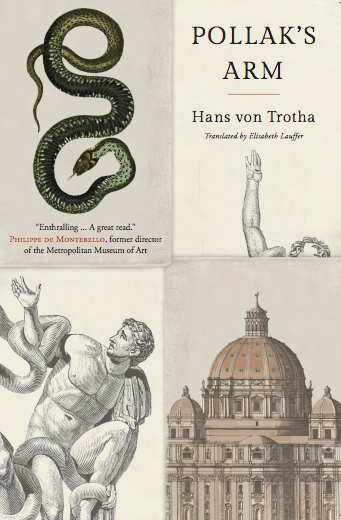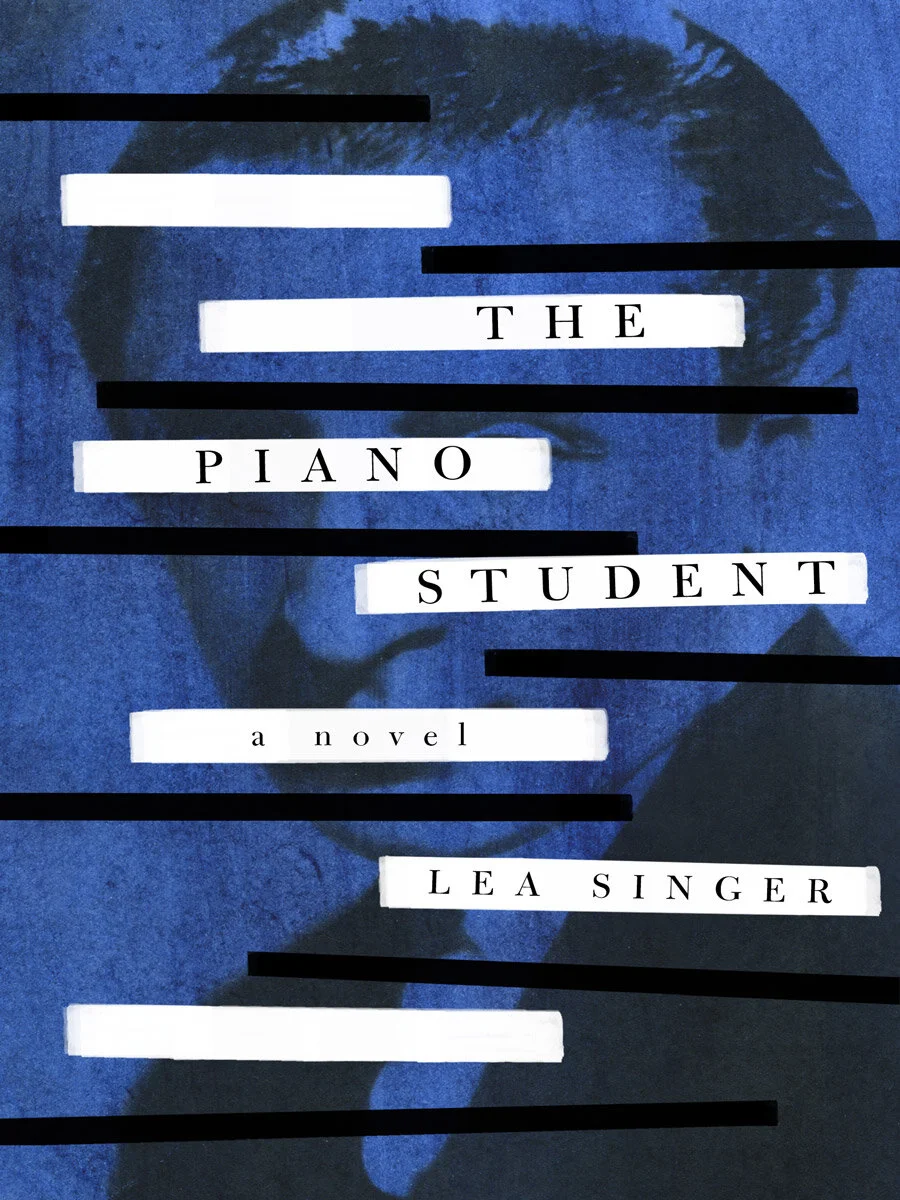fiction
Song for the Missing (World Editions, 2022)
by Pierre Jarawan
It’s 2011 and the Arab Spring is in full bloom when the discovery of two bodies in Beirut sows the first seeds of unrest in Lebanon. With houses already burning, Amin sets out to write down his memories of the country: Of the year 1994, when he returned as a teenager with his grandmother, twelve years after his parents’ deaths. Of his friendship with Jafar, the boy who explored the desolate postwar landscape with him. And of the painful discovery that there will never be certainty—neither about his friend’s past nor his family’s history. In this novel full of mystery and suspense, friendship and loss, searches and secrets, Jarawan skillfully interweaves a deeply personal story with the tumultuous history of the Middle East.
Click here for a short reading from Song for the Missing or here for a conversation between the author and translator.
“There’s a well-crafted balance to Jarawan’s approach, the dropping of bombs and corruption leavened by the poignant and thoughtful depiction of a family trying to navigate a way through the trauma. Elisabeth Lauffer’s translation is moving yet urgent.” – The Observer
“Lebanese German author Jarawan movingly evokes life in Lebanon in his affecting and complex latest. … This is a gripping, human look at a tragedy that still haunts an entire nation.” – Publishers Weekly
Pollak’s Arm (New Vessel Press, 2022)
by Hans von Trotha
October 16, 1943, inside the Vatican as darkness descends upon Rome. Having been alerted to the Nazi plan to round up the city’s Jewish population the next day, Monsignor F. dispatches an envoy to a nearby palazzo to bring Ludwig Pollak and his family to safety within the papal premises. But Pollak shows himself in no hurry to leave his home and accept the eleventh-hour offer of refuge. Pollak’s visitor is obliged to take a seat and listen as he recounts his life story: how he studied archaeology in Prague, his passion for Italy and Goethe, how he became a renowned antiquities dealer and advisor to great collectors like J. P. Morgan and the Austro-Hungarian emperor after his own Jewishness barred him from an academic career, and finally his spectacular discovery of the missing arm from the majestic ancient sculpture of Laocoön and his sons. Torn between hearing Pollak’s spellbinding tale and the urgent mission to save the archaeologist from certain annihilation, the Vatican’s anxious messenger presses him to make haste and depart. This stunning novel illuminates the chasm between civilization and barbarism by spotlighting a little-known figure devoted to knowledge and the power of artistic creation.
Click here for a short reading from Pollak’s Arm.
“In Hans von Trotha’s haunting novel Pollak’s Arm … beautifully translated into English by Elisabeth Lauffer, the setting is Nazi-occupied Rome on October 16, 1943, the Saturday when the Gestapo rounded up the city’s Jews—the day when the barbarians came knocking door to door … We hear spellbinding tales.” – The New York Review of Books
★ STARRED REVIEW “Brilliant … A cautionary tale about the beauty of art often being no match for the boot and the fist. This multilayered account of myth and injustice has much to offer.” – Publishers Weekly
The Piano Student (New Vessel Press, 2020)
by Lea Singer
The Piano Student centers on an affair between one of the 20th century’s most celebrated pianists, Vladimir Horowitz, and his young male student, Nico Kaufmann, in the late 1930s. As Europe hurtles toward political catastrophe and Horowitz ascends to the pinnacle of artistic achievement, the great pianist hides his illicit love from his wife Wanda, the daughter of the renowned conductor Arturo Toscanini. The affair is narrated by Kaufmann in the 1980s to another music devotee, who comes to him enchanted by Schumann’s composition Träumerei and awakens memories of the thwarted relationship. Kaufmann is spending his final years playing in small-time Zurich bars, never rivaling his teacher’s musical mastery and rapturously received concerts. Based on unpublished letters by Horowitz to Kaufmann that author Lea Singer herself discovered in Switzerland, the novel portrays the anguish that the acclaimed musician felt about his never publicly acknowledged homosexuality and the attendant duplicity of his personal life. It’s a riveting and sensitive tale of musical perfection, love, and longing denied, with multiple historical layers and insights into artistic creativity.
“Based on correspondence between virtuoso pianist Vladimir Horowitz and a young Swiss student, Nico Kaufmann, Singer’s astute, elegiac English-language debut reconstructs the pair’s amorous liaison in the lead-up to WWII … Singer effectively conveys Horowitz’s genius … This nostalgic tale of repressed desire is as affecting as Schumann’s haunting tune.” – Publishers Weekly
The German House (HarperVia, 2019)
by Annette Hess
Set against the Frankfurt Auschwitz Trials of 1963, Annette Hess’s international bestseller is a harrowing yet ultimately uplifting coming-of-age story about a young female translator—caught between societal and familial expectations and her unique ability to speak truth to power—as she fights to expose the dark truths of her nation’s past.




